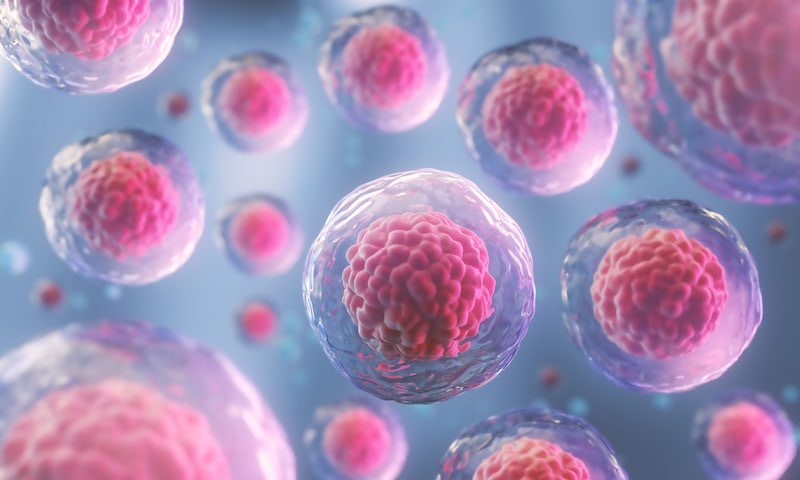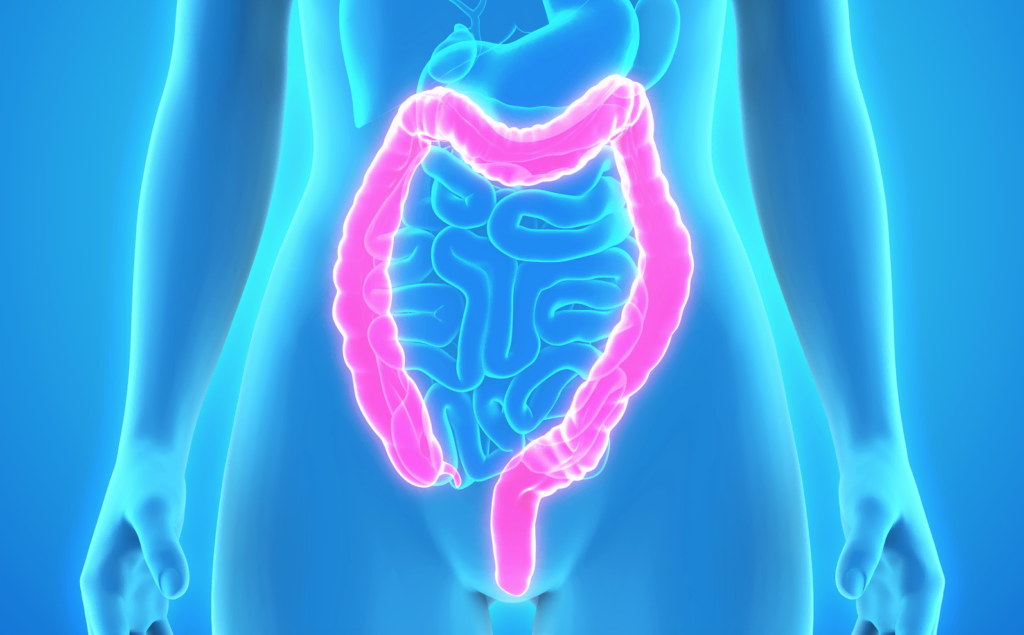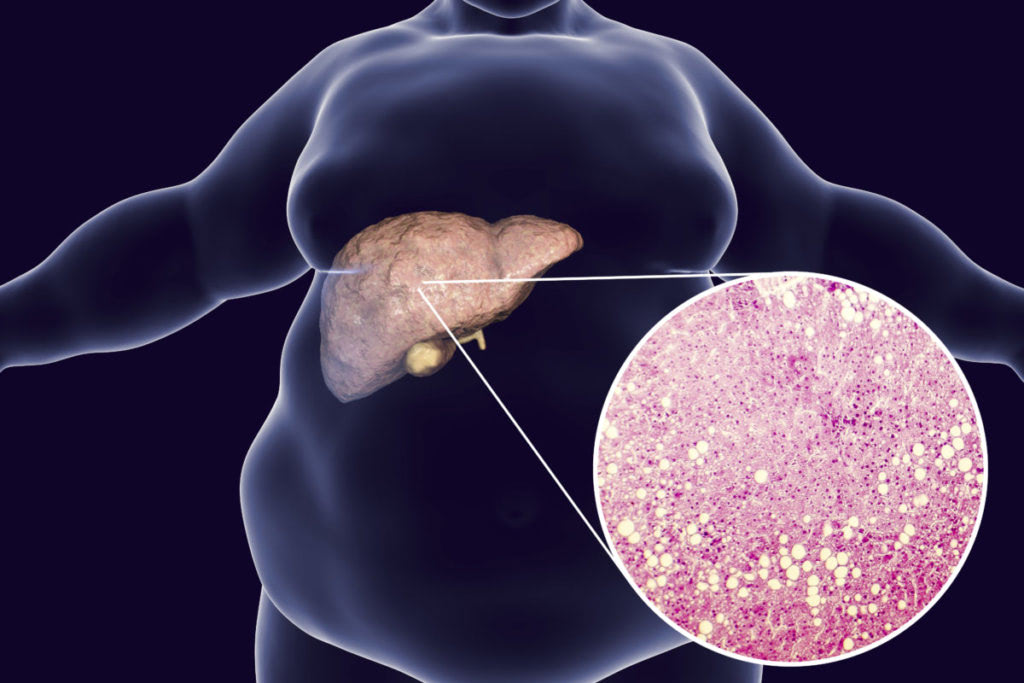Gut Bacteria Determines Cancer Treatment Effectiveness

Gut bacteria play a leading role in how well cancer drugs work. Certain gut bacteria (Bifidobacterium specifically) boost people’s response to cancer treatment while others can make immunotherapy ineffective. In addition, previous studies show that those with antibiotic exposure are more likely to have a poor response rate to immunotherapy. Researchers are now testing how to […]
Hair Loss Linked To Gut Bacteria Imbalance

Patterned hair loss could be due to gut bacteria imbalance. Antibiotic-induced dysbiosis, characterized by an overgrowth of Lactobacillus murinus (a gut bacteria strain that depletes biotin – vitamin B7, a nutrient associated with hair growth), in mice fed a biotin deficient diet altered gut metabolic function and resulted in alopecia (or hair loss). When consuming a […]
Unintended Weight Loss Second Highest Cancer Predictor

Unintended weight loss is the second highest predictor for ten types of cancer – prostate, colorectal, lung, gastro-esophageal, pancreatic, non-Hodgkin’s lymphoma, ovarian, myeloma, renal tract and biliary tree. Researchers analyzed 25 studies including data from over 11.5 million patients. In women over the age of 60, cancer was associated with 6.7% of cases of unintended weight […]
Weight Loss Highest Predictor For Some Types Of Cancer

Unintended weight loss is the second highest predictor for ten types of cancer – prostate, colorectal, lung, gastro-esophageal, pancreatic, non-Hodgkin’s lymphoma, ovarian, myeloma, renal tract and biliary tree. Researchers analyzed 25 studies including data from over 11.5 million patients. In women over the age of 60, cancer was associated with 6.7% of cases of unintended weight […]
Extended Use Of Common Medications Increases Dementia Risk

Common medications, when used for 1 year or more, increase the risk of dementia by 30% in a recent study looking at dementia onset in 350,000 older adults (aged 65 to 99). These medications include anticholinergic drugs – which block the effects of acetylcholine, a chemical used by nerve cells to send signals to other nerve […]
PPIs Increase Risk Of Pneumonia in Those 60+ Years Of Age

Proton pump inhibitors (PPIs) increase the risk of pneumonia in older adults (60+ years). Researchers analyzed data from over 75,000 adults who used PPIs for 1 or more years. They then looked at the incidents of pneumonia in year 2 of treatment and compared these rates to a control group (age and sex-matched) not taking PPIs. […]
20 Minutes A Day Of Relaxation Reduce Hypertension

Relax! It may be just what the doctor ordered. While studies find that mind-body practices (yoga, meditation, etc.) that induce the relaxation response (RR) reduce blood pressure, the molecular pathways that lead to this association remain unknown. A recent study analyzed RR’s effects on gene pathways over an 8-week RR-based intervention in 58 patients diagnosed with […]
Female Cancer Risk Lower In Those Who Avoid Eating Red Meat

Cancer risk in the distal colon in women is lower in those who avoid eating red meat. In a 17-year study in over 32,000 women, researchers found that those women who did not eat red meat had a reduced risk of distal colon cancer. A red meat-free diet was not protective against cancer elsewhere in the […]
Weight Gain In Children Has Negative Effects On Liver Health

Weight gain in young children has detrimental effects on liver health. A recent study found that an increased waist circumference in three year olds was linked to a greater likelihood of increased non-alcoholic fatty liver disease markers (elevated ATL levels – a liver enzyme that acts as a marker for liver disease) at age 8. Those […]
Watching TV Linked To Elevated Cancer Risk In Men

Watching television for extended periods of time raises colorectal (CRC) risk in men. A recent study analyzed data from 500,000 men and women and found that men who watched TV 4+ hours per day had a 35% greater CRC risk than those who watched 1 hour per day. Increased time spent watching TV did not elevate […]






